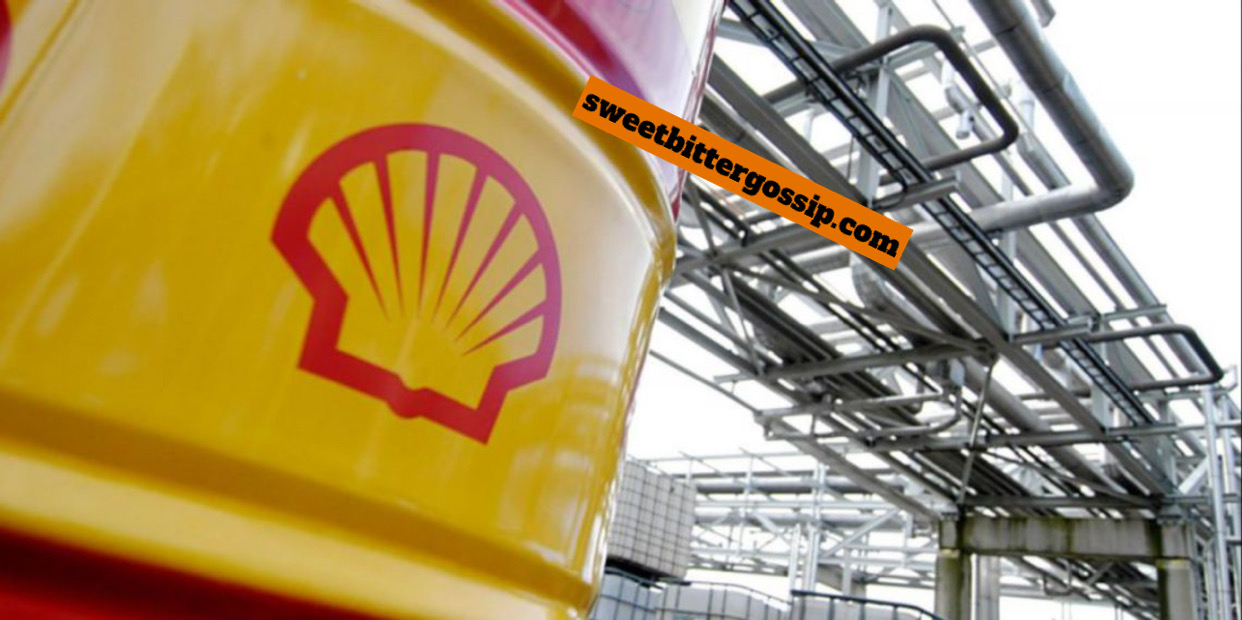Global Gas and Refining Limited has criticized the Nigerian Upstream Petroleum Regulatory Commission (NUPRC) for reportedly approving the $2.4 billion sale of Shell Petroleum Development Company’s (SPDC) onshore assets to Renaissance Africa Energy Company Limited, a local oil and gas consortium. According to Global Gas, this move not only violates a court injunction but also sets a dangerous precedent for corporate governance in Nigeria.
In a statement, the Chairman of Global Gas, Mr. Kenneth Yellowe, expressed disappointment over the alleged disregard for a court directive restraining NUPRC from granting approval for the divestment.
Legal Concerns Surrounding Shell’s Onshore Divestment
Shell initially agreed to sell the onshore asset for $1.3 billion but later invested $5 billion in the Bonga North project, which reportedly influenced the government’s decision to approve the divestment. Yellowe revealed that upon learning of the planned sale, Global Gas sought a court injunction to halt the process. The court directed the parties to explore an amicable settlement.
Yellowe alleged that despite the injunction, NUPRC proceeded to grant approval for the transaction. “This defiance undermines the rule of law and sets a dangerous precedent for corporate governance in Nigeria. The unlawful approval of this divestment during ongoing negotiations is an affront to justice and fairness,” he stated.
He also criticized Shell for moving forward with the sale despite pending court cases and ongoing negotiations over lingering losses suffered by Global Gas and its foreign investment partners.
Call for Accountability
Global Gas has called on the Nigerian government, regulatory authorities, and international stakeholders to hold Shell accountable for its actions. It urged stricter enforcement of court rulings and increased oversight of multinational corporations operating in Nigeria.
The company emphasized that the divestment process should respect the rule of law to maintain investor confidence and protect corporate governance standards.
Background on Shell’s Divestment Plans
In 2021, Shell announced plans to divest its Nigerian onshore assets due to operational challenges such as theft and oil spills, which conflict with its long-term energy transition strategy. After pausing the process in 2022, Shell resumed talks in mid-2023 to sell its 30% stake in the joint venture known as SPDC, which oversees onshore and shallow-water oil and gas fields.
The administration of President Bola Tinubu, which began in May 2023, prioritized closing pending divestments to boost petroleum output. As part of this effort, NUPRC developed a divestment framework to evaluate applications for ministerial consent regarding the SPDC sale.
Disputed Approval Process
Civil society groups, including Amnesty International, had urged the Nigerian government to block Shell’s onshore divestment, citing concerns over environmental accountability. However, Renaissance Consortium announced its agreement with Shell to acquire its entire shareholding in SPDC.
In September 2024, NUPRC denied reports that it had approved the sale, stating that documents submitted by SPDC were still under due diligence. By October 2024, NUPRC reportedly rejected the $1.3 billion transaction, citing the buyer’s lack of qualifications to manage the assets.
Ongoing Legal Dispute
Global Gas has filed a case at the Federal High Court in Abuja, seeking to preserve its rights and prevent SPDC’s onshore asset sale. The company argues that the divestment violates its interests and ongoing negotiations.
SPDC’s legal counsel, Mr. Kingsley Osuh, countered that the dispute between Shell and Global Gas is already before the Supreme Court for final determination. He clarified that the claims involve compensation for an alleged breach of contract, which Shell is financially capable of addressing if upheld by the courts.
Conclusion
The controversy surrounding Shell’s $2.4 billion asset sale underscores the importance of upholding legal and regulatory frameworks in Nigeria’s oil and gas sector. Global Gas’s opposition highlights concerns over corporate governance, legal compliance, and the role of regulatory bodies in ensuring fairness in divestment processes. As the case unfolds, stakeholders will closely monitor its implications for Nigeria’s investment climate and the enforcement of court rulings.

